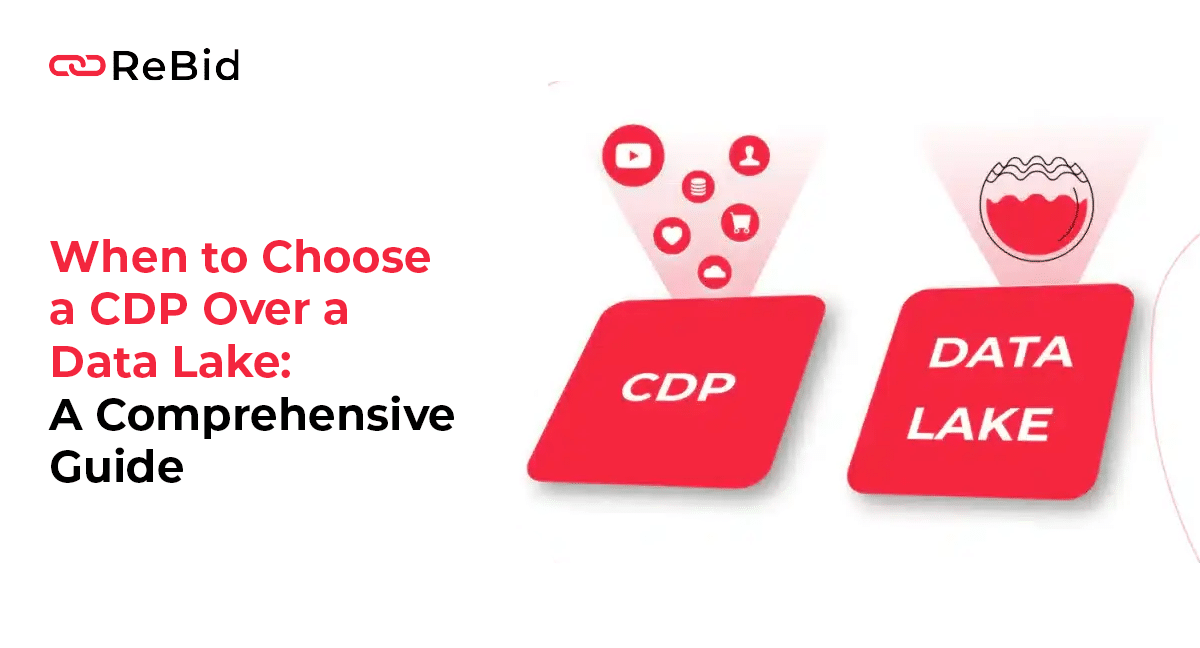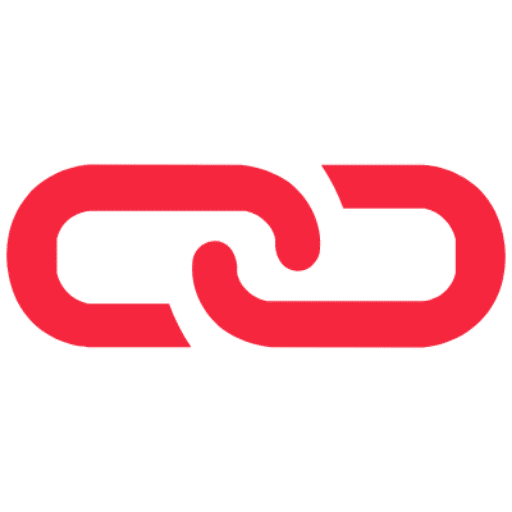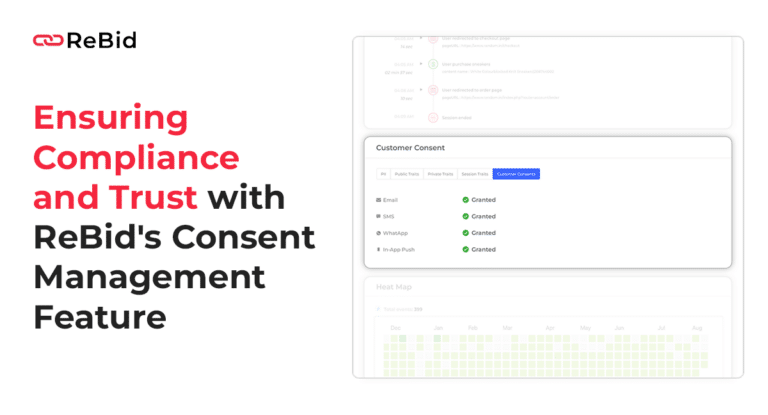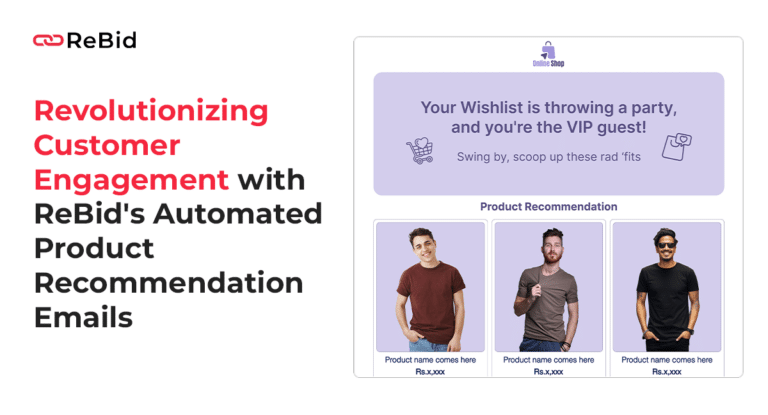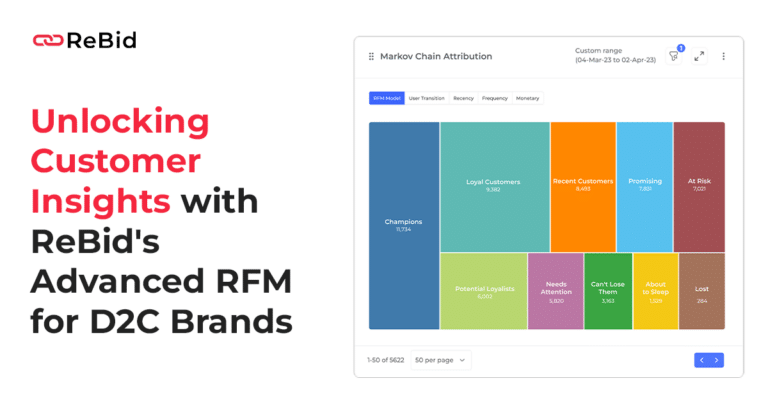Navigating the Complex World of Data Management: When and Why to Opt for a CDP
In the age of data-driven marketing, businesses are often faced with a dilemma: should they invest in a Customer Data Platform (CDP) or a Data Lake? Both offer unique advantages, but understanding which one aligns with your business needs can be a game-changer. Let’s dive deep into this debate and shed light on when a CDP might be a better choice over a Data Lake.
Understanding the Basics:
Before we delve into the intricacies, let’s clarify what these two terms mean:
CDP: A CDP is a packaged software that centralizes customer data from all available sources, organizes it, and then makes it available to other systems for marketing campaigns and customer service.
Data Lake: A Data Lake is a vast reservoir that holds a massive amount of raw data in its native format until it’s needed. It’s like a giant container where you dump all your data, structured or unstructured, and then pull it out and shape it as required.
When to Choose CDP:
1. Unified Customer View: If your primary goal is to have a 360-degree view of your customers, integrating data from various touchpoints, a CDP is your best bet. It’s designed to give marketers a clear picture of their audience.
2. Real-time Data Processing: For businesses that rely on real-time data to make crucial decisions, CDPs are invaluable. They process data in real-time, ensuring that marketers have the most up-to-date information at their fingertips.
3. User-friendly Interface: CDPs are typically designed with marketers in mind. They don’t require extensive technical knowledge to operate, making them a preferred choice for marketing teams.
When Data Lakes Shine:
1. Massive Data Storage: If your organization generates a colossal amount of data and you need a place to store it cost-effectively, Data Lakes are the answer.
2. Flexibility: Data Lakes can store structured and unstructured data, giving businesses the flexibility to dump everything in one place.
3. Advanced Analytics: For businesses that want to run complex analytics and machine learning on their data, Data Lakes provide the raw, detailed data required for such tasks.
The Advertiser’s CDP Advantage:
While both CDPs and Data Lakes have their merits, Advertiser’s CDP stands out by offering a unique blend of features tailored for advertisers. It synchronizes customer journeys from ad to acquisition, providing a holistic view that’s crucial for optimizing advertising outcomes. By adding pre-click advertising data, it extends visibility from ad to acquisition, ensuring that marketers have all the information they need to craft impactful campaigns and minimize ad spend wastage.
Conclusion:
The debate between CDP and Data Lake isn’t about which is superior, but rather which is more suitable for your specific needs. If you’re looking for a solution that offers a unified view of your customers, real-time data processing, and a user-friendly interface, a CDP like Advertiser’s CDP is the way to go. On the other hand, if massive data storage, flexibility, and advanced analytics are your priorities, a Data Lake might be more up your alley. Assess your business needs, understand the capabilities of each, and make an informed decision.

